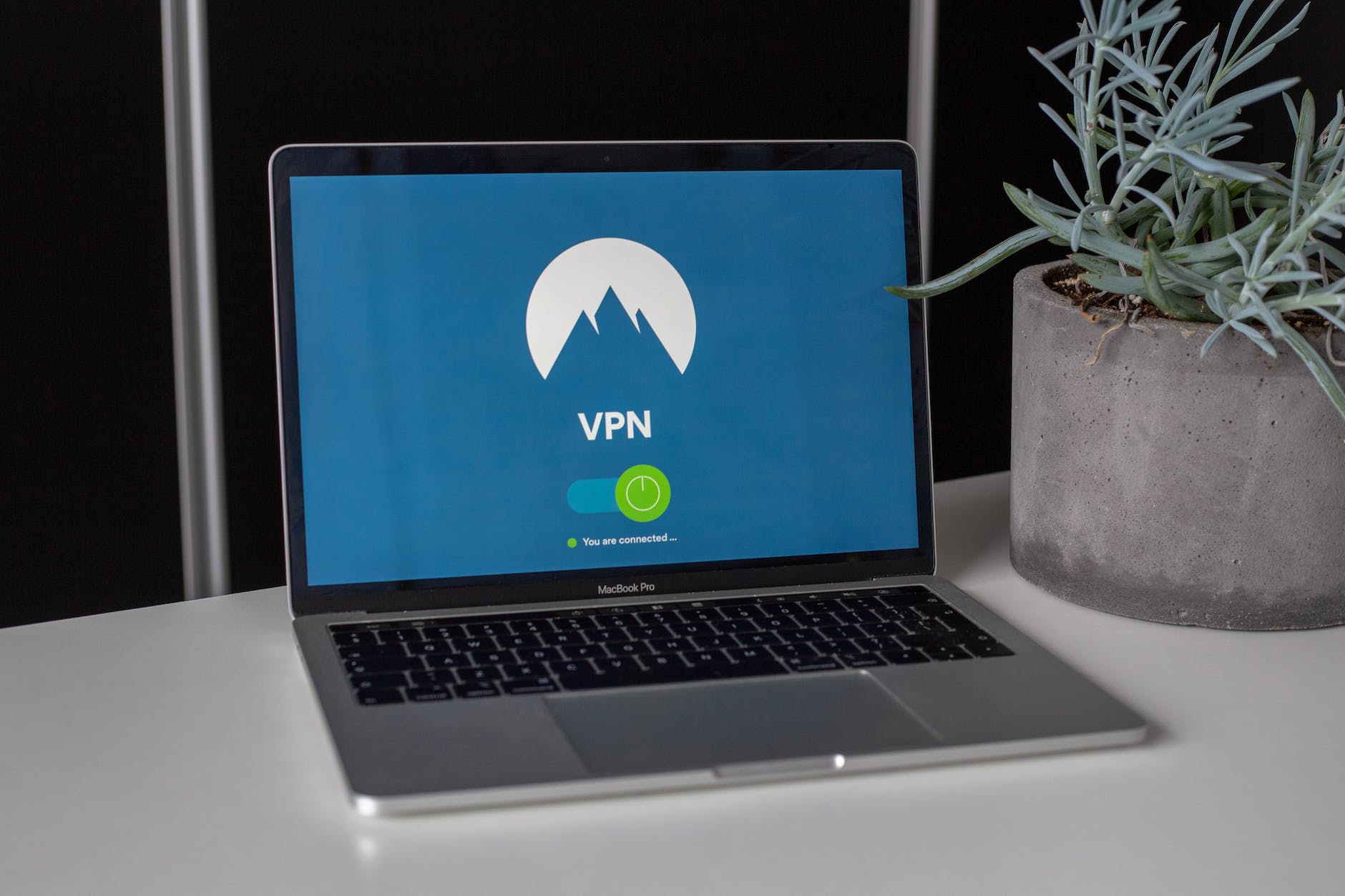A VPN encrypts all the data entering and leaving your device, which protects against public WiFi threats like man-in-the-middle attacks. For example, you can also get around geographical restrictions on material by using streaming services.
When connected to a VPN, like VPN Pro, your WiFi connection will be tunnelled through one of the provider’s servers. It means your internet activity is associated with the server’s IP address rather than your own.
Security
The most essential VPN advantages is undoubtedly the extra layer of security that using a VPN over open WiFi offers. On open networks like free WiFi, hackers, and scammers are more likely to target unwary victims; thus, providing an additional layer of security is crucial.
With a VPN, your connection to the internet is secured via tunnelling & encryption. The tunnelling encapsulates your data packets inside other data packets, making it impossible for third parties to read them in transit. The encryption ensures that your entire internet connection, including your data & IP address, is private and secure.
VPNs are also ideal for bypassing censorship. They can alter your IP address to make it appear that you are accessing websites and services from the location of the VPN server you choose to connect to. It is fantastic for people who travel and wish to access geo-restricted content.
Privacy
The more cybercriminals know about you, the easier they can target you for fraud or theft. Using a VPN makes you a more formidable target by hiding your identity. Your data is encrypted when connected to a VPN, so anyone trying to spy on your internet activity will only see gibberish. In addition, many VPNs offer features like firewalls & anti-malware software to provide additional protection for your devices.
Public WiFi networks are notoriously unsecured, making it easy for criminals to intercept your internet traffic and leaving you vulnerable to ip abuse. Hackers can use tools such as man-in-the-middle attacks to collect your personal information and send it to a blackmailer or hacker. This information can include your email, bank accounts, and other sensitive online services.
When you connect to a VPN, your data is rerouted through its private server. It means that your IP address is changed, so even if a website or service can’t identify you by your original IP address, they’ll know that it came from a VPN connection and won’t be able to link it back to you. The only downside is that your internet speed may suffer a bit when connected to a VPN because your data has to travel a longer distance to get where it needs to go. However, the benefits of protecting your privacy are well worth it for most users.
Access blocked content
Public WiFi connections may be convenient, but they can have many risks. It’s common for hackers to monitor these networks for information they can use to harm users. They can snoop on data packets sent over the network, allowing them to collect personal details like your bank account numbers and passwords. They can even target users using a type of attack called Man-in-the-Middle (MITM).
However, with a VPN free for Mac, your data is encrypted before it leaves your device. It means no one can read your data packets, including ISPs, hackers, or network owners. In addition, a VPN service will also reroute your traffic through servers located all over the world. It means you can access content from different regions, which could be beneficial if you travel overseas for business or want to watch your favourite TV shows.
While accessing sensitive information like online banking or social media accounts on unsecured public networks is not recommended, the extra layer of security provided by a VPN is helpful. Ensure that your VPN is active, has a green lock icon in your browser window, and that you’re accessing websites via HTTPS, a protocol that indicates your connection is secure. Also, remember that not all sites will use HTTPS, so it’s best to be cautious if you need to enter this type of information on a public network.
Speed
When connected to a VPN, all your data is encrypted, making it impossible for anyone to read your information. It is especially beneficial for those who use public WiFi, whether travelling for work or living abroad, as it prevents hackers from intercepting their sensitive online data while connected to a public hotspot.
By rerouting your connections through servers worldwide, a VPN can increase your internet speeds and protect you from cyberattacks. Bypassing firewalls that prevent access to your preferred websites and apps lets you view regionally restricted material. For example, if you live in a region where Netflix or other streaming services have restrictions based on broadcasting rights, then connecting to a server located in your home country will give you access to their entire library, no matter where you are.
In addition, a VPN can also help keep your privacy intact even when using unsecured public WiFi. Since your connection is routed through the VPN’s servers, you look less appealing as a target to hackers and fraudsters. It is conducive if you are using a credit card or bank account that will flag suspicious activity if you are logging in from an unknown location. Even if you aren’t using a financial service, adding an extra layer of protection by connecting to a VPN is always recommended.

